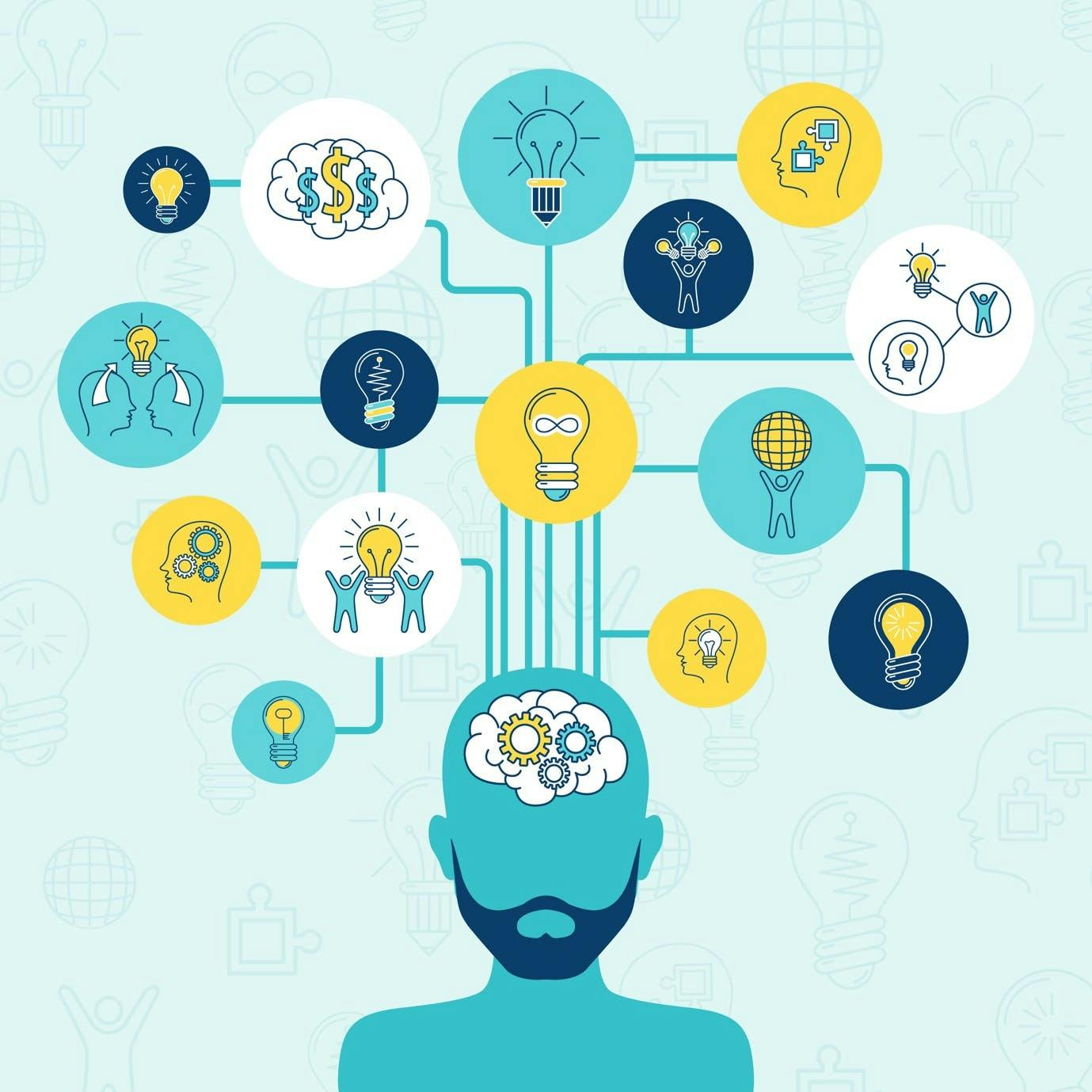
- Blogs
- Ultimate Tips to develop Critical Thinking And Clinical Reasoning

Ultimate Tips to develop Critical Thinking And Clinical Reasoning
Are you ready to sharpen your critical thinking and clinical reasoning skills? If so, you’ve come to the correct place! As healthcare professionals, we strive to provide our patients the best possible care. Developing strong critical thinking and clinical reasoning skills is crucial to achieving this goal.
But don’t worry. It’s not as daunting as it may sound! In fact, anyone can improve these skills with a positive attitude and a little effort. So, let’s dive in and explore some fun and practical tips for developing your critical thinking and clinical reasoning skills!
Practical Tips for Developing Critical Thinking and Clinical Reasoning Skills in Healthcare:
- Stay curious:
Being curious is one of the most essential traits of a critical thinker. It drives us to ask questions, seek answers, and explore new ideas. As healthcare professionals, there is always something new to learn and discover, and staying curious helps us to stay engaged and motivated.
So, keep asking questions, keep exploring, and keep learning! Curiosity might lead to a breakthrough discovery or a better understanding of your patient’s condition. So, embrace your curiosity, and let it guide you on your journey toward becoming a better healthcare professional! - Use evidence-based practice:
This approach involves using the best available evidence to guide our clinical decision-making. Evidence-based practice is not just about finding information; it’s about critically appraising it, applying it to our patient’s situation, and evaluating the outcome.
Evidence-based practice doesn’t have to be a boring process. In fact, it can be pretty exciting! By staying up-to-date with your field’s latest research and guidelines, you can feel confident that you are providing the best possible care to your patients. Plus, you never know when you might come across a new and innovative treatment or approach that could make a real difference in your patient’s life. So, keep an open mind, be curious, and embrace the power of evidence-based practice! - Analyze the data:

Data analysis might not sound like the most exciting thing in the world, but trust me, it’s an essential skill for any healthcare professional.
Analyzing data means looking at all the information available to us, from laboratory results to patient observations, and interpreting it meaningfully. It allows us to identify patterns, trends, and potential issues that we might not have noticed otherwise. Plus, when we analyze data, we can make more informed decisions about our patient’s care, ultimately leading to better outcomes.
You can make it fun and engaging by challenging yourself to identify patterns or trends others might have missed. Or, you could work with a colleague to analyze data together and see what insights you can develop. Remember, data analysis is all about being curious and open-minded, so approach it with a positive attitude. Who knows, you might discover something new and exciting! - Consider multiple perspectives:
As healthcare professionals, it’s easy to get tunnel vision and only see things from our own perspective. But when we consider multiple viewpoints, we open ourselves to new ideas, insights, and solutions.
Now, considering multiple perspectives can be challenging. It means seeing the world from another’s perspective by putting yourself in their shoes. But it can also be fun! By talking to patients, colleagues, and other healthcare professionals, you can better understand their experiences, thoughts, and opinions. You might even learn something new or gain a fresh perspective on a challenging case.
So, don’t be afraid to ask questions, listen to others, and consider multiple perspectives. Who knows, it might just help you find a better solution for your patient or inspire you to approach your work in a new and innovative way! - Practice reflection:

Reflection involves stepping back from our work and examining our experiences, thoughts, and actions. By reflecting on our practice, we can identify areas for improvement, recognize our strengths, and ultimately become better healthcare professionals.
But practice reflection doesn’t have to be a chore. In fact, it can be an enjoyable and rewarding process! By taking the time to reflect on our work, we can celebrate our successes, learn from our mistakes, and set goals for the future. Plus, reflection can help us develop a deeper understanding of our patients and their experiences, ultimately leading to better patient outcomes.
So, the next time you have a challenging case or a difficult patient encounter, take a few moments to reflect on your practice. Think about what went well, what could have been improved, and what you learned from the experience. You might be surprised by the insights you can gain from even the most challenging situations!
Wrap up:
Remember, developing these skills is not only essential for providing the best possible care to our patients, but it can also be a fun and rewarding process.
By staying curious, using evidence-based practice, analyzing data, considering multiple perspectives, and practicing reflection, we can become better healthcare professionals and make a real difference in the lives of our patients.
So, let’s approach this journey with a positive attitude, a willingness to learn, and a sense of adventure.